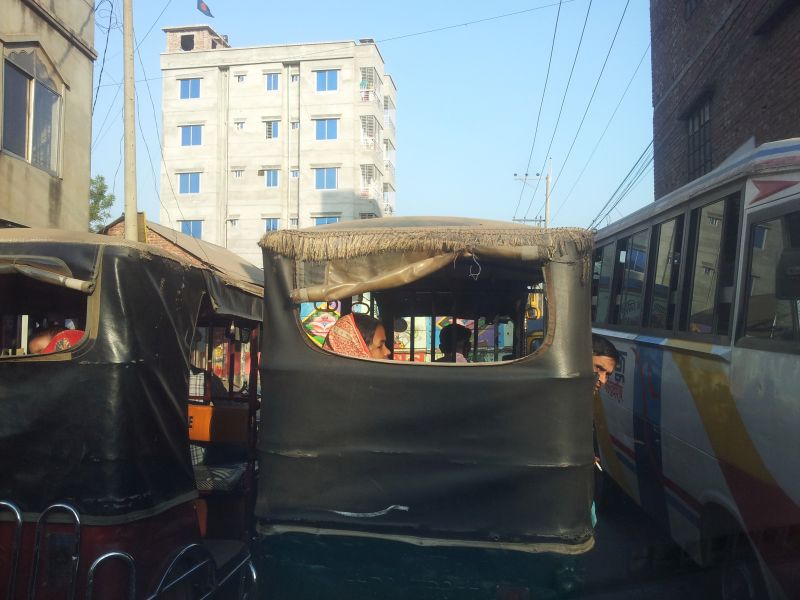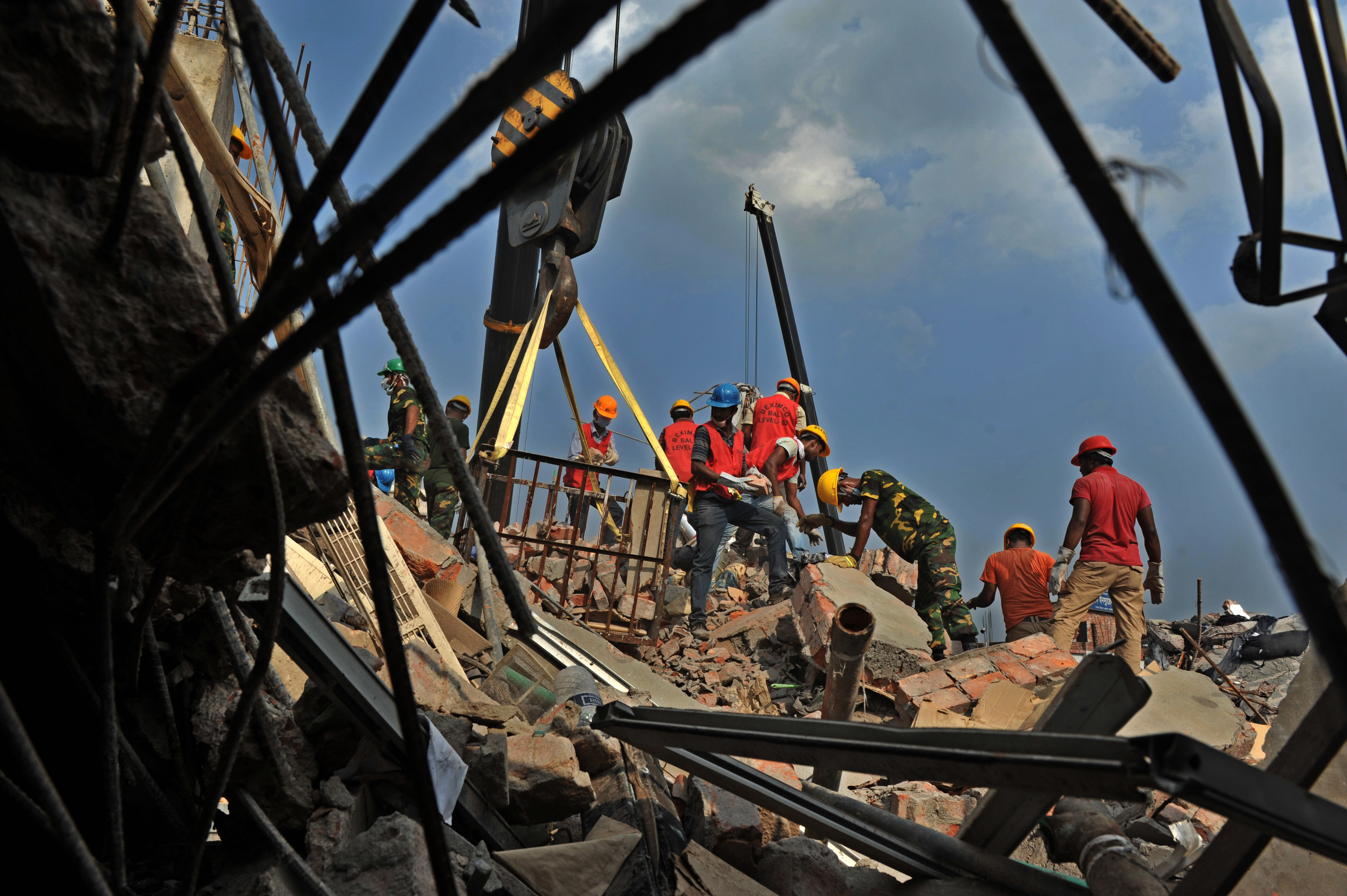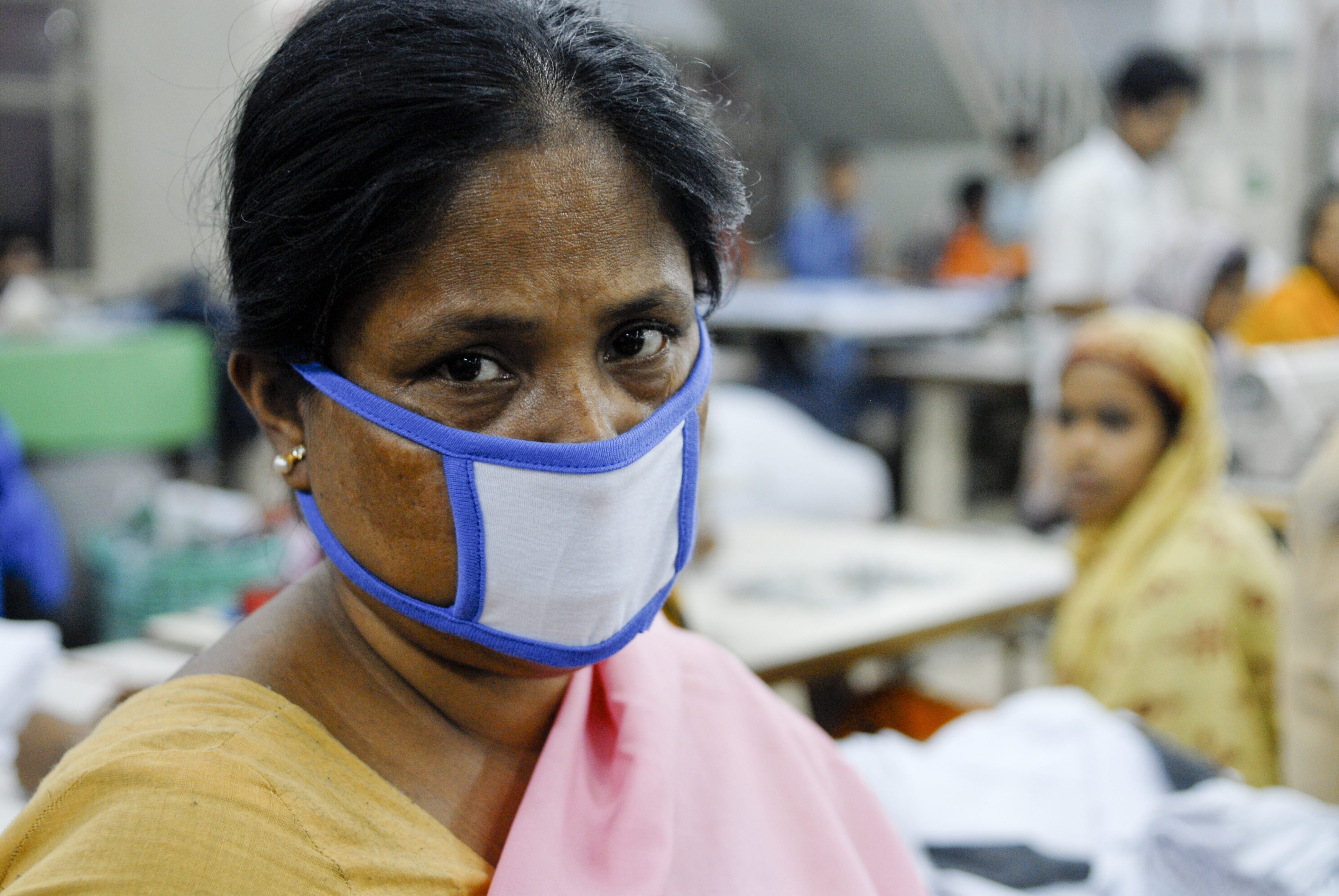Human rights
“A situation of bonded labour”

Why does migration matter in Bangladesh?
Migration from Bangladesh for overseas work began in 1976 – and unofficially even earlier – as Bangladeshis started to go to Middle-Eastern countries, mainly Saudi Arabia. The numbers rose fast, and emigration has become the third pillar of Bangladesh’s economy, behind agriculture and the garments export industry. Migrants remitted $ 15 billion to Bangladesh in 2015, that was 13 times more than the total amount of foreign investment. In the past 40 years, almost 10 million Bangladeshis migrated to around 160 countries as skilled, semi-skilled or less-skilled workers, and some as professionals. Around 80 % went to the Arab countries, 15 % to Southeast and East Asia, and five percent to other destinations, including the EU and North America. These are the official figures and they give us an idea of what is going on, though reality may be a bit different due to unreported cases.
Are the Bangladeshi emigrants men or women?
According to the official data, female migrants constituted only one percent of the total number until 2004. But things have been changing. In 2015, they constituted close to 20 %. They are mostly employed as household helpers. Some, however, are working as nurses or in garment production.
What are the major reasons for migration from Bangladesh?
There are push and pull factors. Poverty and unemployment are the important push factors. Bangladesh has 160 million people. The economy has been growing at an annual rate of about six percent for some time. The country is definitely making progress – but not fast enough. We still have serious problems. After the independence war of 1971 it was so poor that policymakers in Washington indignantly spoke of a “basket case”. Nobody there says that anymore. However, young Bangladeshis, especially those without good education, often struggle to find work. Many are desperate to work overseas – and on the pull side, there actually are job opportunities overseas. Richer countries rely on migrant workers in a wide range of industries. It matters, moreover, that some Bangladeshi migrants managed to become affluent abroad, and they serve as role models for youngsters who decide to leave the country. Sometimes, relatively well-off people also send their young people abroad, for instance, because they want them to get a good education, or because the youngsters have become involved in crimes or destructive, radical politics. In general, however, present-day migration from Bangladesh is not driven by religious or political motives.
What is the experience of Bangladeshis abroad?
Overall, the experience of Bangladeshi migrants abroad is not a happy one, and particularly so in the Middle East. Reportedly, levels of exploitation and injustice are higher there than in other world areas. It certainly matters that Arab countries tend to have authoritarian governments and lack adequate respect for the rule of law. Migrant workers really don’t have rights there.
What happens to them?
It is easy to abuse them. They are eager to go abroad, and they do not have well-negotiated contracts. In some cases, they are not given work in the industries promised, or they are paid less than originally agreed. Some Arab countries have a system called “kafala”, which basically means employer’s sponsorship. It means that workers cannot change employment. They cannot even complete the necessary paperwork regarding their work and immigration without the concurrence of the employer. Basically, kafala results in a situation of bonded-labour. On top of that, Bangladeshi women migrants who do domestic work often suffer in an aggravated way. Most live in the same house as their employer, have no free time and are sometimes sexually abused. In most destination countries of migrants, employment laws fail to protect their human rights and government agencies do not monitor matters properly either.
To what extent is migration from Bangladesh illegal migration?
Migration from Bangladesh is mostly legal, but let me say right away that I prefer the term “irregular migration” to “illegal migration”. I don’t think people should be criminalised if they really have not committed any offence apart from not fulfilling formal procedures. But that is done in Bangladesh and many other countries.
So there are no problems with irregular migration?
No, that is not what I am saying. Despite legal channels and checks, many Bangladeshi have turned out to be irregular, undocumented or irregular migrants. I would cite three aspects of migration from Bangladesh which are tainted by legal breaches.
- Some overseas employment recruitment agents indulge in fraudulent practices, and, as I just elaborated, Bangladeshi migrants who aspire to work in the Middle-East are exposed to myriad types of exploitation as a result.
- People in the poverty-stricken areas along the Bangladesh-India border adopt the means of unlawful border-crossing with the hope of seasonal work in India’s north-east. Indian authorities often exaggerate the problem, but in Bangladesh it tends to be under-recognised.
- The most important issue, however, is the dangerous trend of unlawful departure. A large number of aspirant migrants try to reach Malaysia by sea in the hope of finding work there. Many have died at sea, and the rest ended up in human slavery or in prisons in Malaysia, Indonesia or Thailand. This kind of smuggling has assumed a systematically exploitative and criminal character. It is a totally unacceptable form of human slavery and human trafficking. Rohingya refugees from Myanmar are affected too. They are Muslim and speak a language that is related to Bengali, so many of them come to Bangladesh from Myanmar. As I have argued in your e-paper earlier, Asian countries must cooperate to rise to the Rohingya challenge (see D+C/E+C 2016/04, p. 43).
The reason I don’t like to speak of “illegal migration” is that the migrants are normally the victims, not the perpetrators of crimes and abuse. Using language that implies their guilt, is certainly not helpful.
Ridwanul Hoque is a law professor at Dhaka University and currently a visiting scholar at La Trobe University in Melbourne, Australia.
ridwandulaw@gmail.com











